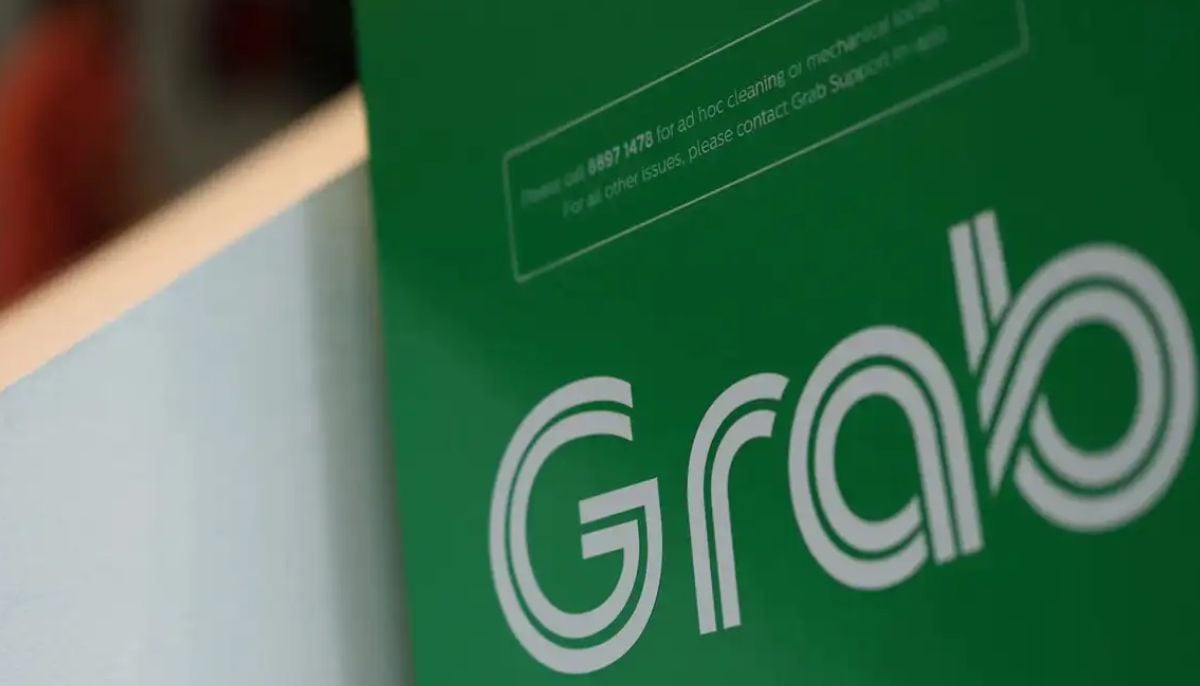ISLAMABAD: Finance Minister Ishaq Dar on Friday presented fifth budget of the PML-N government for the next fiscal year in the National Assembly amid protest from opposition benches with analysts closely watching government's final budget before the 2018 election.
Unveiling the Rs4.75 trillion outlay budget, the finance minister in his budget speech said it was first time in the history of the country that an elected government was presenting the fifth consecutive budget.
"This shows democracy is strengthening in the country", he said at the onset of his budget speech.
"World’s credible institutions are predicting that Pakistan would join the G-20 by 2030." Pakistan made it to the list of countries that saw significant reforms. Today our foreign reserves stand at over $21 billion.
The minister said Pakistan's economy has made progress in every aspect, with its volume crossing 300 billion US dollars. He said the growth rate of GDP was at 5.28, highest in 10 years while fiscal deficit decreased to only 4 percent, he said.
"We have recommended six percent growth increase in GDP for 2017-18 and budget deficit at 4.1 percent of GDP.
He said Per Capita income increased by 22% $1631 during the current fiscal year.
"Today Pakistan is on the track to fast progress. Over 40 increase is witnessed on the import of machinery this year. There is no load shedding in the industrial sector."
He said 81 percent increase was registered in tax collection during the last four years.
"Our agriculture sector is improving as production of wheat and maize crops had registered significant increase.
The finance minister said a total of Rs700 billion agricultural loans were given to farmers during the current fiscal year.
The minister said the services sector saw growth of 5.9 percent in 2016-2017.
He said that remittances from overseas Pakistanis had jumped 40 percent. Dar said that investment worth Rs97 billion was being made in the Pakistan stock market.
Dar said the government intends to give women representation in the board of directors of limited companies.
The government has allocated Rs180 billion for projects related to China Pakistan Economic Corridor (CPEC) and Gwader that also include new air port, hospital and desalination plants.
The minister announced 10 percent special allowance for the armed forces, applauding their sacrifices rendered in the war against terrorism. He said Rs121 billion will be allocated for the Benazir Income Support Programme. The government has recommended 14 percent increase for FBR’s revenue target.
The government would continue to provide subsidy to electricity consumers using less than 300 units per month. Rs118 billion has been earmarked for subsidy on electricity.The finance minister said solar system would be introduced in remote areas of the country to meet their power demand.
The government would allocate Rs20 billion for the laptop scheme. Defence budget grew from 841 billions last year to 920 billion. In an effort to discourage tobacco smoking, the government has proposed an increase in Federal Excise Duty on cigarette as well as 20 percent increase in Custom Duty.
He said that provincial governments’ share from total revenue would be Rs 2,384 billion. The federal and provincial governments would utilise these resources on human development and security. Sales tax and customs duty has been waived on the import of agricultural machinery.
Total expenditure has been estimated at Rs4753 billion for the next fiscal year.
Dar said duty-free import of textile machinery would continue in the next fiscal year. The finance minister said that six percent sales tax would be imposed on commercial import of clothing.
Reuters adds
Pakistan plans to boost government spending to 5.19 trillion rupees ($49.52 billion)in the fiscal year beginning in July and has set an ambitious revenue goal after falling short of targets this fiscal year, according to a budget document seen on Friday.
Total revenue for 2017/18 is projected at 5.31 trillion rupees, a 12 percent increase over the current year´s estimated revenues, which are about 180 billion under the target.
The government has also fallen short of tax revenue targets for the current year, ending on June 30, but nevertheless projected it would expand tax revenue in 2017/2018 to 4.33 trillion rupees from 3.83 trillion, according to the document.
-
Uber enters seven new European markets in major food-delivery expansion
-
Will Warner Bros finalize deal with Paramount or stays loyal with Netflix's offer?
-
$44 billion Bitcoin blunder: Bithumb exchange apologizes for accidental payout
-
Global memory chip crunch puts spotlight on Apple; Will iPhone become more pricey?
-
Bitcoin plummets toward $60,000 as investors dump risky bets
-
Bitcoin crashes below $63K as regulatory pressure and market fears grow
-
Bitwise Crypto Industry innovators ETF: What investors should do in 2026?
-
Nintendo shares slide again as momentum fears grow











